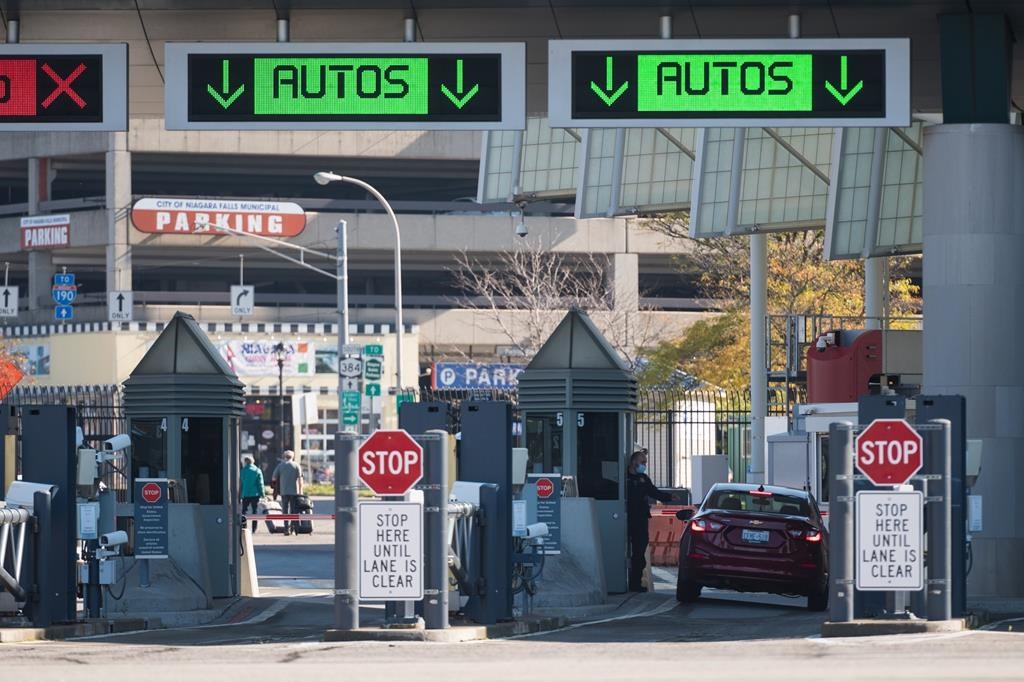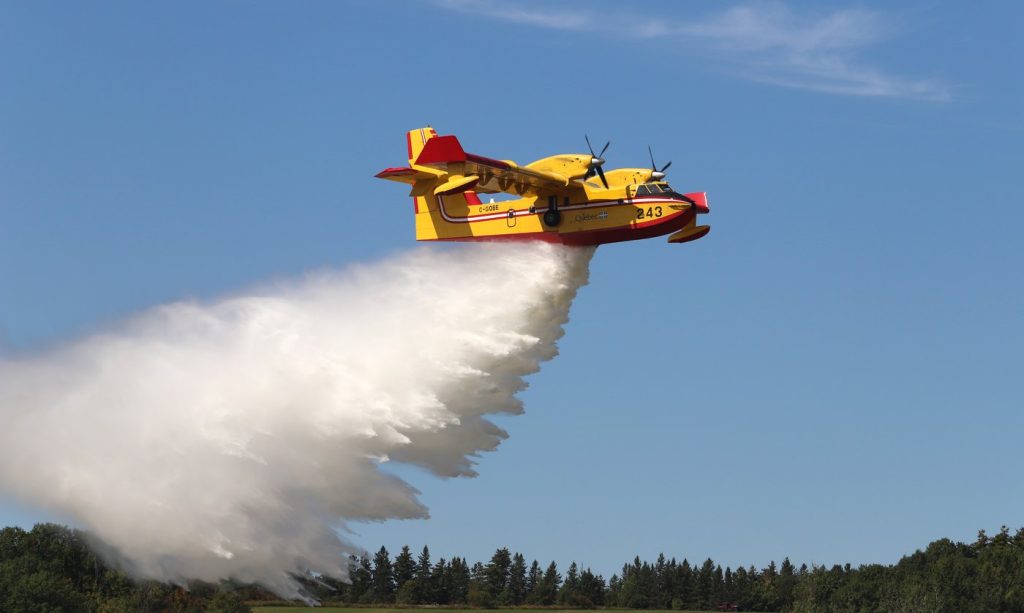In 2023, over five million commercial trucks and 53 million passenger vehicles crossed into Canada, creating numerous opportunities for smuggling drugs, firearms, and other contraband. The Canadian Border Services Agency (CBSA) has responded by enhancing its intelligence gathering and sharing capabilities, as well as increasing physical inspections of targeted vehicles to combat these criminal activities.
Michael Prosia, the regional director for the Southern Ontario border district at the CBSA, emphasized the impracticality of searching every vehicle for contraband. However, he noted that vehicles pulled over for secondary inspections generally raise alarms based on informed intelligence. "Our officers have in-depth training on indicators in terms of expected versus unexpected behaviors of travelers," he explained. Collaboration with other law enforcement agencies has significantly improved the effectiveness of their operations.
The CBSA's increased intelligence efforts have resulted in substantial seizures. During the first three quarters of the 2024/2025 fiscal year, officers confiscated 4.59 kilograms of fentanyl—a staggering 770% increase compared to the same period in 2023. Additionally, they intercepted over 320 kilograms of opiates and 22,000 kilograms of various narcotics. In March, two enforcement actions at the Blue Water Bridge in Sarnia led to the seizure of a combined value of approximately CA$11 million worth of cocaine, showcasing the positive impact of information sharing and targeted intelligence on their operations.
While COVID-19 affected the supply chains of legal substances, it inadvertently complicated the export of illegal items. Traditionally, fentanyl was manufactured overseas, yet several criminal organizations have shifted to producing the drug domestically using legally acquired chemicals. The CBSA has been proactive in targeting these precursor chemicals to prevent the manufacturing of fentanyl and other illicit drugs like MDMA. According to Prosia, "Operation Blizzard," launched in February, involved a concentrated 30-day effort to focus on narcotics and precursor chemicals across postal, air courier, and land courier systems. The operation has initiated potential investigations for law enforcement partners and has provided valuable insights for the CBSA's internal efforts.
A key player in the CBSA's operations is Tiva, a detector dog trained to locate various types of contraband, including narcotics, firearms, organic materials, and currency. With over 200 seizures to her name, Tiva has proven to be an invaluable asset to the agency. On the day CityNews visited, her handler, Paul Parkinson, demonstrated her quick detection skills in a simulated search, asserting, "I do believe she is the best technology we have at the borders." Despite the attempts by smugglers to mask scents with various substances such as coffee and transmission fluid, Tiva's training enables her to identify hidden contraband effectively.
During the visit to the Peace Bridge border crossing in Fort Erie, Tiva was the only detector dog available in the exit area, where officers conducted searches of vehicles heading south toward the United States. This includes identifying individuals who may be leaving Canada with contraband, illicit items intended for the U.S., or those with outstanding warrants. Prosia noted, "We're looking for individuals who may be leaving the country with contraband... prior to them departing." Despite enhanced technology, the physical searches and questioning efforts require substantial time and resources.
The CBSA has long held the authority to conduct these inspections, but their recent vigor in enforcing these measures correlates with U.S. President Donald Trump's accusations of lax border security in Canada. While fentanyl remains a focus for the CBSA, Prosia clarified that only about one percent of fentanyl is trafficked from Canada to the United States, indicating it is not a widespread issue.
The continued effort by the CBSA illustrates their commitment to safeguarding the Canadian border and preventing the smuggling of illicit substances. The next installment of CityNews' series on the CBSA will delve into the latest technological advancements being integrated into their border security efforts.












